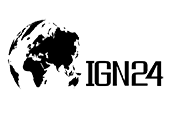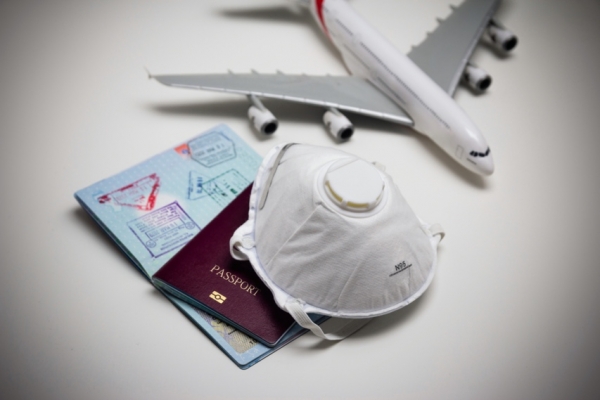Highlights:
- Some countries are selectively easing travel restrictions, creating greater complexity for travelers.
- The travel industry is re-evaluating its policies in light of the pandemic.
While some nations, including China, have been successful at reducing new coronavirus cases, others are seeing resurgences that powerfully demonstrate that the pandemic is far from under control. In the United States, scientists link the re-opening of the economy to a record-breaking day of more than 50,600 newly-recorded cases nationally. South Korean officials are also concerned that a second wave of the virus has taken hold in its capital city following the country’s move to re-open its schools, bring some workers back on the job, and permit sports venues to host games again. New Zealand, where officials instituted one of the tightest lockdowns worldwide in the early stages of the pandemic, had virtually eradicated new infections by the beginning of June. But with the opening of its border, new cases are being recorded again and some are linked to foreigners entering the country.
Still, more borders are re-opening. In many cases, though, international travelers will still be denied entry on the basis of where they live. The EU has made the decision to bar residents of all but 14 countries for all non-essential travel. The US didn’t make the cut—a decision that has caused widespread concern among businesses that rely on American tourists for a large percentage of their income. All of the countries on the safe list have reciprocal travel agreements with the EU: Algeria, Australia, Canada, Georgia, Japan, Montenegro, Morocco, New Zealand, Rwanda, Serbia, South Korea, Thailand, Tunisia, and Uruguay. An agreement with China is still pending, but expected to be reached shortly.
The response of the travel industry to the coronavirus crisis has drawn widespread criticism from consumers and some lawmakers. While fear of contracting the disease, as well as health experts’ warnings against taking non-essential flights has grounded countless cautious travelers, airlines are only refunding tickets for flights that they themselves cancelled. Refunding all tickets would amount to billions of dollars, a loss that would devastate the airline industry. But airlines are also receiving financial relief, funded by taxpayer dollars. The inequity presented by this situation is currently the subject of debate and potential new regulations in the United States.
Travel insurance companies have also drawn ire for rejecting claims under the trip cancellation policies that account for a large percentage of their sales. They’re also taking a lot of heat for refusing to refund premiums paid to insure cancelled trips. Individual insurers are making contradictory statements. Some hold that the global pandemic was a force majeure, more commonly called an Act of God, and therefore not covered under trip cancellation insurance. Others contend that due to news coverage of the pandemic, the event was foreseeable and passengers who purchased policies in early winter are therefore ineligible for reimbursement. Recently, some insurers have announced that they are amending their contracts to allow insured travelers who are diagnosed with COVID-19 prior to departure to collect under their trip cancellation policies.
Travel credit card companies, who are able to command high annual fees and interest rates in exchange for travel rewards, are also revising their policies. Some are trying to entice travelers to apply for cards and book travel now by offering hefty sign-up bonuses. In an effort to maintain customer loyalty, others are lengthening minimum purchase windows to offset customers’ unwillingness to book travel now. They are also increasing the time travelers normally get to redeem their rewards.
While governments have not made the decision to open borders hastily, officials are continually re-evaluating their policies in light of new health data. Travelers are advised to make up-to-the-minute inquiries before attempting to enter any country, lest they be ineligible for entry and forced to return home or be permitted to enter subject to lengthy, unexpected quarantine.
Author bio:
Susan Doktor is a journalist and business strategist who hails from New York City. She writes, guest-, and ghost-blogs internationally on a wide range of topics including travel, finance, and technology.
Follow her on Twitter @branddoktor.

